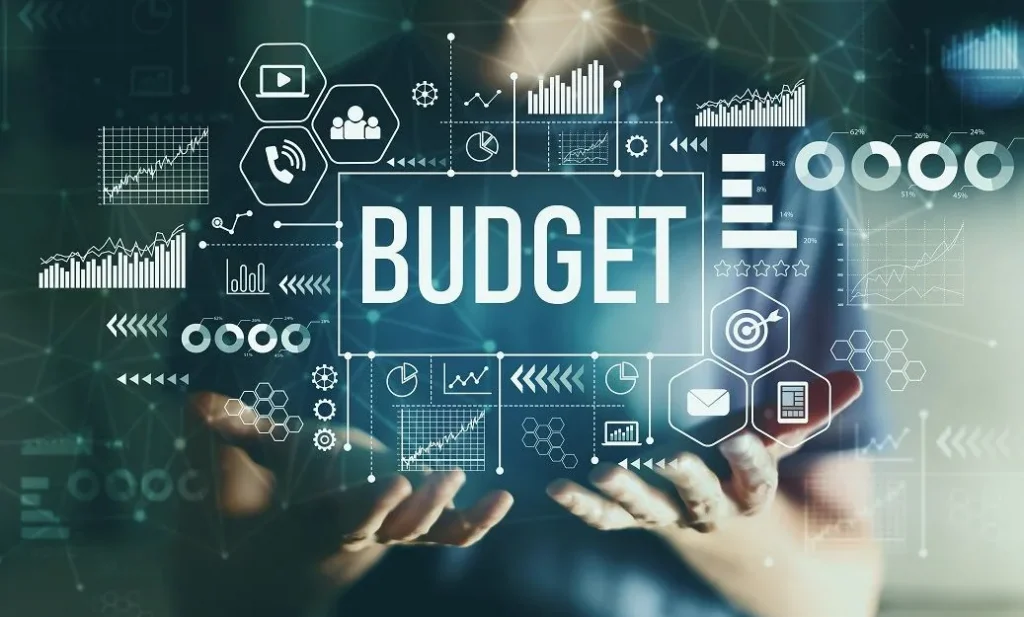Understanding the Budget: A Comprehensive Guide
A budget is a financial plan that outlines a person’s or organization’s income and expenses over a specific period. It serves as a roadmap for managing finances effectively and achieving financial goals. Budgets can be used for personal, household, or business purposes.
The Importance of Budgeting
Creating and following a budget offers numerous benefits, including:
- Financial Control: A budget helps you track your income and expenses, giving you greater control over your finances.
- Goal Setting: By setting financial goals and allocating funds accordingly, you can work towards achieving your dreams.
- Debt Reduction: A budget can help you identify areas where you can cut back on spending and allocate more funds towards paying off debt.
- Saving: By creating a budget, you can set aside money for savings or investments.
- Financial Security: Budgeting can provide a sense of financial security and peace of mind.
Creating a Budget
Here are the steps involved in creating a budget:
- Track Your Income: List all your sources of income, including your salary, wages, interest, and any other forms of income.
- Track Your Expenses: Categorize your expenses into fixed costs (e.g., rent, mortgage, utilities) and variable costs (e.g., groceries, dining out, entertainment). Use a budgeting app or spreadsheet to track your spending.
- Set Financial Goals: Determine your short-term and long-term financial goals. This could include saving for a down payment on a house, paying off debt, or building an emergency fund.
- Allocate Your Income: Based on your income and goals, allocate your money to different categories, such as housing, transportation, food, utilities, and savings.
- Monitor and Adjust: Regularly review your budget to ensure you are staying on track. Make adjustments as needed to align your spending with your goals.
Budgeting Tips
- Be Realistic: Set realistic goals and expectations for your budget.
- Track Your Spending: Use a budgeting app or spreadsheet to track your expenses accurately.
- Cut Back on Unnecessary Expenses: Identify areas where you can reduce your spending without sacrificing your quality of life.
- Automate Savings: Set up automatic transfers to your savings account to ensure consistent savings.
- Review Your Budget Regularly: Periodically review your budget to make adjustments and ensure it aligns with your changing circumstances.
Budgeting for Different Life Stages
Budgeting needs vary depending on life stage. For example, young adults may focus on building an emergency fund and saving for future goals, while families with children may prioritize education expenses and childcare costs. Retirees may need to adjust their budget to account for reduced income and increased healthcare expenses.
Budgeting Tools and Resources
There are numerous budgeting tools and resources available to help you create and manage your budget. Some popular options include:
- Budgeting Apps: Mint, YNAB (You Need a Budget), and PocketGuard are popular budgeting apps that offer features like expense tracking, goal setting, and financial analysis.
- Spreadsheets: Excel or Google Sheets can be used to create custom budgets.
- Financial Advisors: A financial advisor can provide personalized advice and guidance on budgeting and financial planning.
By creating and following a budget, you can take control of your finances, achieve your financial goals, and build a more secure financial future.


